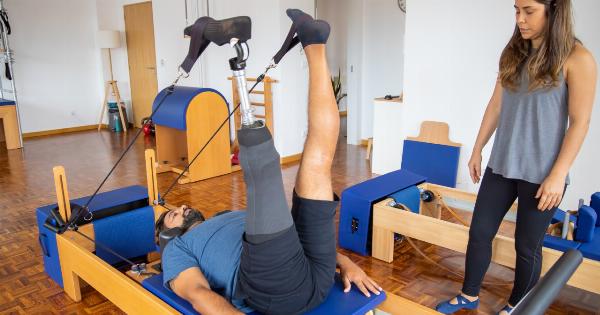Stroke is a medical condition that occurs when the blood flow to an area of your brain is interrupted or reduced, leading to the death of brain cells. The effects of a stroke can be devastating, as it affects your ability to move, speak, and think.
However, with the right tips and strategies, you can make a quick recovery from stroke.
1. Seek Medical Attention Immediately
If you suspect that you or someone you know is experiencing a stroke, it is important to seek medical attention immediately. The sooner the treatment begins, the better the chances of recovery.
2. Take Medications as Prescribed
After a stroke, your doctor may prescribe medications to help prevent another stroke, control underlying medical conditions, and manage the symptoms of stroke.
It is important to take these medications as prescribed, as they are an important part of your recovery.
3. Attend Rehabilitation Programs
Rehabilitation programs, such as physical therapy, occupational therapy, and speech therapy, can help you regain your strength, coordination, and independence after a stroke.
Attending these programs regularly can speed up your recovery and help you achieve your goals.
4. Stay Active
Staying physically active after a stroke can help improve your overall health and well-being. It can also reduce the risk of another stroke. Your doctor or therapist can recommend exercises that are safe and effective for you.
5. Eat a Balanced Diet
Eating a healthy and balanced diet can help improve your overall health and speed up your recovery from stroke. Foods that are high in fiber, vitamins, and minerals can help reduce inflammation and lower the risk of another stroke.
6. Get Enough Rest and Sleep
Getting enough rest and sleep is important for your body to heal and recover after a stroke. Aim to get at least 7-8 hours of sleep per night and take breaks throughout the day to avoid exhaustion.
7. Stay Connected with Family and Friends
Staying connected with family and friends can provide emotional support, motivation, and encouragement during your recovery from stroke. It can also help reduce feelings of isolation and depression.
8. Manage Stress
Managing stress is essential for your overall health and well-being. Stress can increase inflammation, raise blood pressure, and increase the risk of another stroke.
You can manage stress by practicing relaxation techniques such as deep breathing, meditation, or yoga.
9. Stay Positive and Motivated
Having a positive attitude and staying motivated can help you overcome challenges and achieve your goals after a stroke. Set realistic goals, celebrate small victories, and focus on the progress you have made.
10. Participate in Support Groups
Participating in support groups can provide you with a sense of community, encouragement, and motivation during your recovery from stroke. You can connect with others who are going through similar experiences and share your journey.































